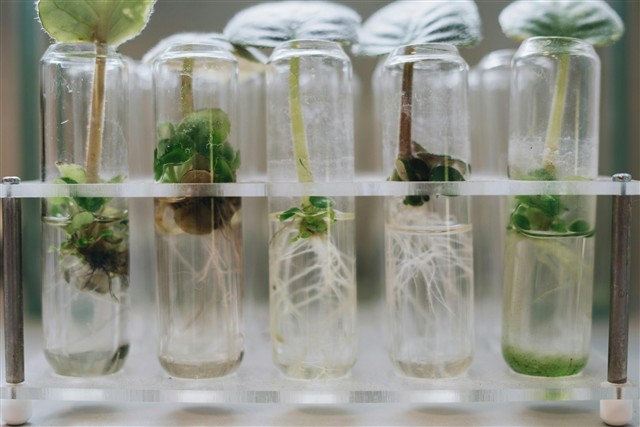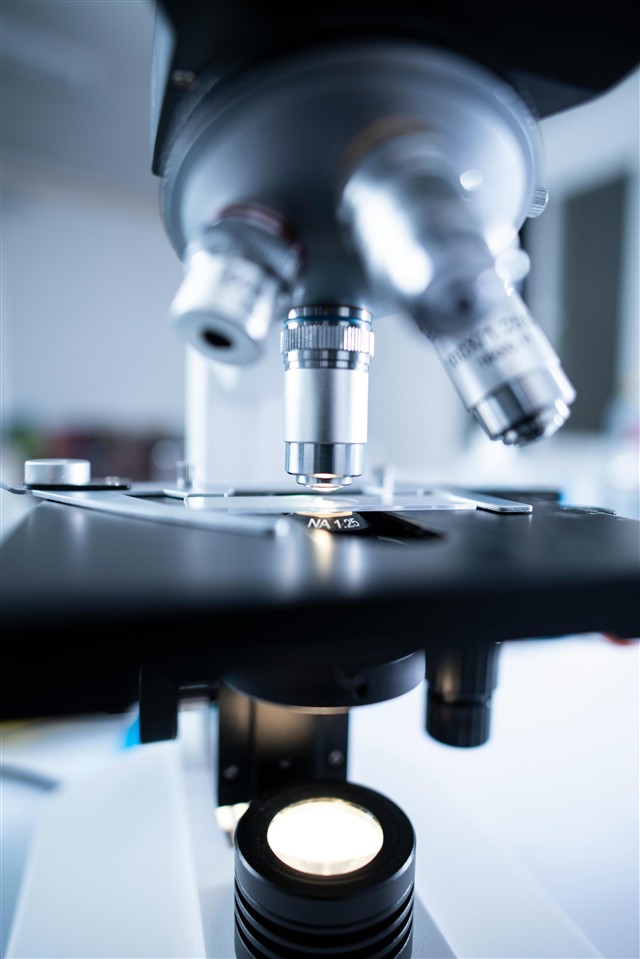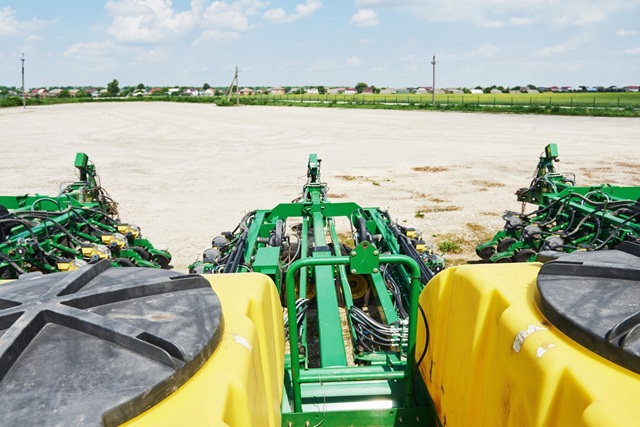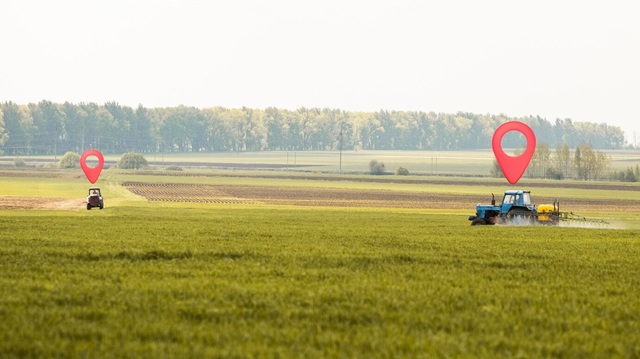
Application of Biotechnology In Agriculture
How cutting-edge science is feeding the world's growing population through amazing agricultural breakthroughs
As the global population races toward 10 billion by 2050, traditional farming methods alone can't keep up with food demand. Enter agricultural biotechnology – a game-changing field that's quietly transforming how we grow our crops and raise our livestock. Here are 10 incredible facts that reveal how biotechnology is revolutionizing agriculture right before our eyes!
1. Golden Rice Prevents Childhood Blindness
In a remarkable breakthrough, scientists developed Golden Rice – a genetically modified variety that produces beta-carotene, which the body converts to vitamin A. This innovation addresses vitamin A deficiency, which causes blindness in 250,000-500,000 children annually, primarily in developing countries. One serving of Golden Rice can provide 60% of a child's daily vitamin A needs, potentially saving millions from preventable blindness.
2. Bt Crops Are Nature's Own Pest Control
Bacillus thuringiensis (Bt) crops contain genes from a naturally occurring soil bacterium that produces proteins toxic to specific pests. These "built-in pesticides" have reduced insecticide use by 37% globally while increasing crop yields by 22%. Bt cotton, for instance, has helped Indian farmers increase yields by 24% and profits by 50%, proving that biotechnology can be both environmentally friendly and economically beneficial.
3. CRISPR Crops Can Survive Climate Change
The revolutionary gene-editing tool CRISPR allows scientists to make precise changes to plant DNA, creating crops that can withstand extreme weather. Researchers have developed drought-resistant wheat that maintains yields with 30% less water, and heat-tolerant tomatoes that thrive in temperatures up to 10°F higher than traditional varieties. This technology is crucial for adapting agriculture to climate change.
4. Lab-Grown Meat Could Save 95% of Land Use
Cultured meat, grown from animal cells in laboratories, requires 95% less land, 78% less water, and produces 96% fewer greenhouse gases than conventional meat. While still in development, this biotechnology breakthrough could dramatically reduce agriculture's environmental footprint while meeting growing global protein demands.
5. Smart Fertilizers Feed Plants Like GPS Navigation
Biotechnology has created "smart" fertilizers that release nutrients only when and where plants need them. These controlled-release fertilizers increase nutrient use efficiency by up to 40%, reducing environmental runoff while boosting crop yields. Some versions even contain beneficial bacteria that help plants absorb nutrients more effectively, mimicking nature's own fertilization process.
6. Disease-Proof Bananas Save Livelihoods
The devastating Panama disease threatened to wipe out the global banana industry worth $12 billion annually. Scientists used genetic engineering to create disease-resistant bananas, saving not just our fruit bowls but also the livelihoods of millions of farmers in developing countries who depend on banana cultivation.
7. Microbial Pesticides Are Tiny Bodyguards
Beneficial microorganisms are being engineered to protect plants from pests and diseases. These living pesticides are species-specific, environmentally safe, and often more effective than chemical alternatives. Some can even "warn" plants about impending pest attacks, triggering natural defense mechanisms before damage occurs.
8. Salt-Tolerant Crops Open New Farmland
Biotechnology has developed crops that can grow in salty soil – a critical breakthrough as soil salinization affects 20% of irrigated land worldwide. Salt-tolerant rice varieties can grow in water with twice the salt content of seawater, potentially opening millions of acres of previously unusable land for agriculture.
9. Precision Breeding Speeds Up Evolution
Traditional crop breeding takes 10-15 years to develop new varieties. Modern biotechnology, including marker-assisted selection and gene editing, can achieve the same results in 3-5 years. This acceleration means farmers can get improved seeds faster, helping them adapt to changing conditions and consumer preferences more quickly.
10. Biotech Seeds Reduce Food Waste
Scientists have developed fruits and vegetables with extended shelf life through biotechnology. Non-browning mushrooms, slow-ripening tomatoes, and bruise-resistant apples reduce food waste by staying fresh longer during transport and storage. These innovations could prevent 13 million tons of food waste annually in the United States alone.
The Future is Growing Faster Than Ever
Agricultural biotechnology isn't just about creating "Frankenfoods" – it's about developing precise, science-based solutions to some of humanity's most pressing challenges. From fighting malnutrition to combating climate change, these innovations prove that the future of farming is rooted in cutting-edge science that works with nature, not against it.
As consumers become more aware of these benefits, acceptance of agricultural biotechnology continues to grow. With 98% of scientists agreeing that genetically modified crops are safe to eat, and regulatory frameworks ensuring rigorous safety testing, biotechnology in agriculture represents one of humanity's most promising tools for sustainable food security.
The next time you bite into that perfectly ripe tomato or enjoy a banana without worrying about disease, remember – you might be tasting the future of agriculture, engineered by science for a better world.















Post Comment